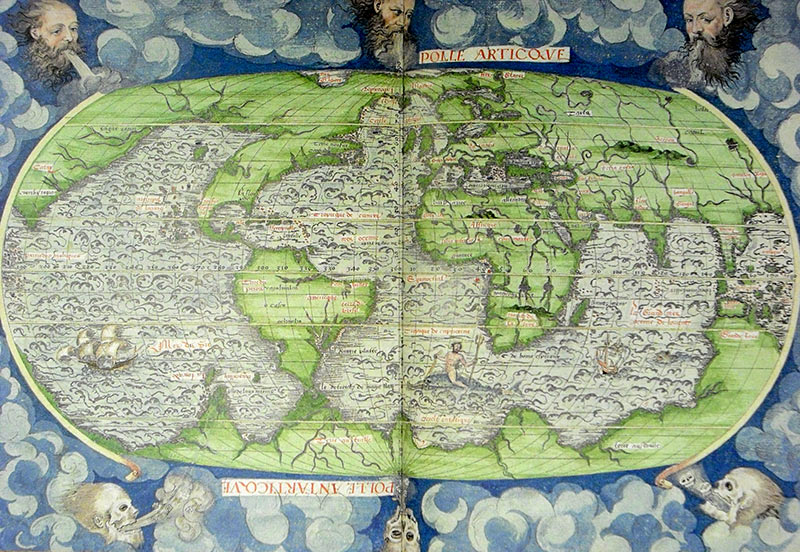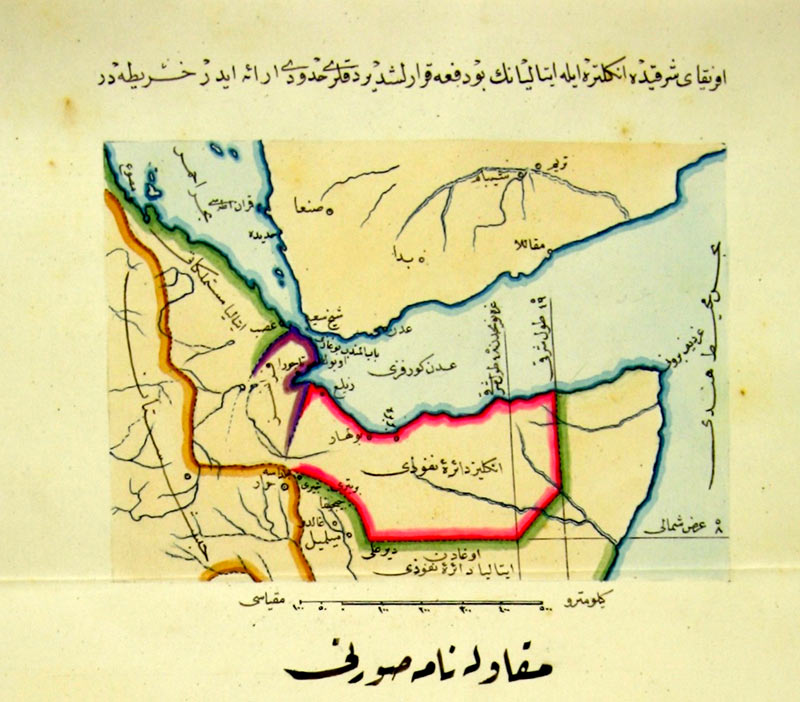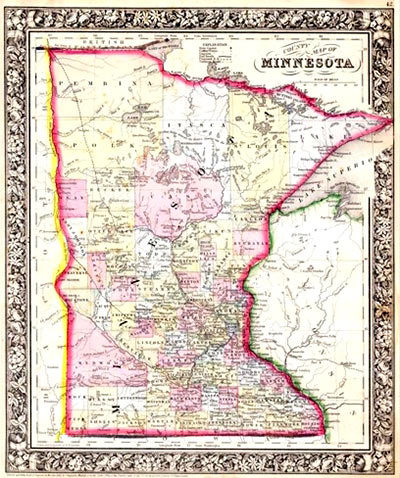This month we highlight the research of 2024–25 Fellows whose projects examine imperial ambitions and the roles imagination played in myriad colonial endeavors.

Mark Cruse
Arizona State University

Mostafa Minawi
Cornell University

Susanna Lee
North Carolina State University
Mark Cruse
Project: From Alexander the Great to Tamerlane: World Dominion in the Medieval French Imagination
Mark Cruse is associate professor of French at Arizona State University. He has published on a wide range of topics including medieval theater, heraldry, writing tablets, the Louvre, Marco Polo, and global trade. His first monograph, Illuminating the Roman d’Alexandre (MS Bodley 264): The Manuscript as Monument (Boydell and Brewer, 2011), is a comprehensive study of one of the most famous medieval manuscripts extant. He has also published a translation of Catherine the Great’s memoirs (with Hilde Hoogenboom; Random House, 2005), and articles on Haitian literature and eighteenth-century battlefield medicine. Forthcoming in 2025 are two books: The Mongol Archive in Late Medieval France: Texts, Objects, Encounters, 1221–1422 (Cornell) and L’Iconographie de l’Epistre Othea de Christine de Pizan (with Gabriella Parussa; Brepols). He is a member of the Institute for Advanced Study (fellowship 2013–14), and has twice been an NHC Fellow (2017–18; 2024–25).

What was the initial spark that led you to this project? What are the big questions that you are considering?
The initial spark was research for a now completed book on contact between the Mongols and France in the late Middle Ages. Both groups saw their campaigns of conquest as divinely sanctioned and extendable to the entire globe. We often take such imperial ambitions for granted, but for my current project, I am interested in understanding how the French came to believe that they had the right to rule distant lands and peoples. The big questions are: What are the origins of French colonialism? What role did imagination and representation play in the development of colonial impulses? What can literature and art tell us about the formation of colonial ideology? To what extent were the French aware of non-Christian realms’ imperial ambitions, and did these realms influence France’s colonial expansion?
In the course of your research, have you run across anything that genuinely surprised you? What can you tell us about it?
European colonialism is usually explained as arising from competition among European realms, curiosity, greed, racism, religious supremacism, trade, and the development of navigational technologies. These were certainly generative factors, but I have been surprised by the extent to which colonial ideology was also inspired by contact with non-Christian powers such as the Mongols and the Ottomans. In the Middle Ages, Europeans were well aware that other peoples believed they, not Latin Christendom, had the right to rule the world. One of my goals is to illuminate the extent to which awareness of these groups’ global ambitions shaped the colonialism of France and other European powers.
What new avenues of inquiry do you hope this research will prompt or make possible in your field?
I hope that this project will show the value of research on the history of colonialism that transcends genres, national narratives, and periodization. In practice, this means reading a wide range of sources that are rarely or never studied together; this project considers everything from epics to maps as part of the larger story of colonialism. It means comparing cultures and realms that are traditionally viewed as unrelated, or whose relations are usually viewed through a single lens. This project examines French colonialism as emulation of and competition with non-Christian lands. And it means showing the continuities across temporal boundaries—in this case, the ways in which medieval texts and artifacts remained relevant to colonial and imperial ideology well into the modern period.
Mostafa Minawi
Project: Ottoman-Ethiopian Relations and the Geopolitics of Imperialism in the Red Sea Basin and the Horn of Africa at the End of the 19th Century
Mostafa Minawi is an associate professor of history at Cornell University. He researches late nineteenth-century imperialism and the long shadow it casts into the present. He focuses on Ottoman imperialism along the empire’s southern frontiers, its provinces in North Africa and Southwest Asia, and the Ottoman metropole, Istanbul. His work brings together microhistory, global history, and diplomatic history to examine how global events were experienced in the day-to-day lives of people adapting to the large-scale transitions to American and Western European global hegemony, and the rise of the age of the nation-state in the late and early twentieth century. His first book, titled The Ottoman Scramble for Africa: Empire and Diplomacy from the Sahara to the Hijaz, was published by Stanford University Press in 2016 and has since been translated into Turkish and Arabic. His latest book, Losing Istanbul: Arab-Ottoman Imperialists and the End of Empire, was published by Stanford University Press in 2022 and was the co-winner of the Albert Hourani Book Award given by the Middle East Studies Association in North America. The book was translated into Turkish in 2023 and is currently being translated into Arabic.

What was the initial spark that led you to this project? What are the big questions that you are considering?
We rarely get to explore how non-Western global imperial powers interacted and imagined their place in the world. This project, which focuses on Ottoman imperialism in the Horn of Africa and Istanbul’s relationship with the Ethiopian Empire, is a perfect opportunity to explore this theme with all the complexities. The Ottomans were not strangers to the Red Sea Basin and the northeastern coast of Africa. However, the late 19th and early 20th centuries presented new challenges to the Ottoman, as well as Ethiopian sovereignties and their claim to spheres of influence as European (and later US) powers redefined the application of international legal agreements and to whom international law applied. Ottoman and Ethiopian imperial ambitions take us from Istanbul to Addis Ababa via Jerusalem, Khartoum, Suakin, Massawa, Djibouti, and Berbera.
In the course of your research, have you run across anything that genuinely surprised you? What can you tell us about it?
I have conducted archival research and site visits for the past eight years for this project. I found a surprisingly large amount of documents on late Ottoman claims to territories on the coast of Northeast Africa. Considering the received wisdom on late Ottoman history, it was surprising that the Ottoman Empire was in a state of defensive retrenchment. During my research trips in Djibouti and Somalia, I was very surprised by the amount of popular historical consciousness of the role that the Ottoman Empire (often referred to simply as the “Turks”) played in the region and the collective imagination of who Somalis and Djiboutians are concerning non-Muslim inhabitants in the Horn of Africa. This realization allowed me a new perspective on the research questions and how they relate to the local history of memory amongst Somalis today.
What new avenues of inquiry do you hope this research will prompt or make possible in your field?
I am hoping this research will encourage scholars to seriously take up the study of transregional connections between Northwest Asia and Africa south of the Sahara, beyond the critical history of enslavement and the slave trade in the region. The two regions have deep historical, religious, cultural, political, and economic ties that deserve much more attention. Understanding the history of Northwest Asia (including the Middle East) and Northeast Africa and their connections, decentring European colonialism without ignoring it, will change our perspective on the history of the region and will help us get a much more comprehensive understanding of this geopolitically sensitive part of the world from a regional and local imperial perspective. Hopefully, it will encourage others to do the same.
Susanna Lee
Project: Unsettling Claims: Natives and Newcomers in the US-Dakota War
Susanna Lee teaches nineteenth-century American history at North Carolina State University. She earned her BA in history at the University of California, San Diego and her MA and PhD in history from the University of Virginia. Her book Claiming the Union (Cambridge University Press) focuses on Southern citizenship after the Civil War. She is currently working on a book on the US-Dakota War entitled Unsettling Claims. In addition to her teaching and research, Lee has served in a variety of leadership positions at NC State, including as director of graduate programs in the History Department, on the administrative board of the Graduate School, as interim assistant dean for diversity, equity, and inclusion, as well as interim associate dean for interdisciplinary affairs and partnerships in the College of Humanities and Social Sciences.

What was the initial spark that led you to this project? What are the big questions that you are considering?
In August 1862, several hundred Dakota men in Minnesota waged war to reclaim lands taken by White settlers, in a conflict now called the US-Dakota War. After a defeat by US forces in September 1862, over one thousand Dakotas surrendered. The US military tried and sentenced over three hundred to death. I became interested in the US-Dakota War as a pivotal instance of settler colonialism, the process of replacing Native peoples on Native lands. I examine both the imposition of and resistance to settler colonialism. How did US civilians, soldiers, and officials seek to dispossess Dakotas? And how did settler colonialism affect the White settler population? How did Dakotas resist attempts to eradicate them from their lands? And how did Dakotas heal the ruptures of settler colonialism to renew their peoplehood?
In the course of your research, have you run across anything that genuinely surprised you? What can you tell us about it?
After they hanged 38 Dakota men in December 1862, in the largest mass execution in US history, US officials further consolidated their victory by nullifying Dakota treaties, confiscating their annuities from coerced land cessions, seizing their Minnesota reservations, expelling them from their homelands, and confining thousands to prison and reservation. I was surprised by the many (albeit partial) successes that Dakotas achieved in reversing some of their losses in the US-Dakota War.
What new avenues of inquiry do you hope this research will prompt or make possible in your field?
In my exploration of the impact of Dakota resistance to settler colonialism, I examine what I call “colonial dissonance,” or internal disturbances over the nature and permanence of settler society within the settler population. I would like to see comparative studies analyzing the particular contours of colonial dissonance in different Native homelands.
